Highlights: Week of June 5
Topics surrounding religion and spirituality are typically brought up by clients during sessions with LCSWs. While 89% of LCSWs in this study were comfortable addressing RS topics in-session, only 57% of this sample reported asking about clients’ religious and spiritual views during intake. In order to clarify LCSWs’ general attitudes toward RS topics in a clinical setting, this study administered a nationwide survey. The article discusses the results of this survey and recommends possible next steps regarding the education and clinical practice of religious and spiritual competencies in the field of social work.
Read the full article here:
Oxhandler, H.K., Parrish, D.E., Torres, L.R., & Achenbaum, W.A. (2015). The integration of clients’ religion and spirituality in social work practice: A national survey. Social Work, 60(3), 228–237.
Listen to Dr. Fox discuss why he chose to pursue this work and why he is advocating for spiritual and religious competencies in mental health training.
Check out a new book featuring a chapter written by Dr. Cassandra Vieten, PI of sub-project 4.
“This handbook is essential reading for health and social care professionals, service users and carers, as indicated in its subtitle. It is a revised and extended edition, following up on Spirituality and Mental Health edited by Peter Gilbert in 2011 and incorporating a new emphasis on mental health and wellbeing. Spirituality is increasingly recognised, as the foreword notes, ‘as an integral part of wellbeing and psychological health.’ The pandemic along with the effects of social media have exacerbated mental health issues across the life cycle, but especially among young people. The introduction asks where we are now, giving an overview of the current context and including chapters on integrating spirituality into mental-health services, African psychology and finding meaning and purpose. The editors propose that spirituality may well become ‘the heart of and foundation for our mental health and well-being.’
The 28 chapters are arranged in four parts, including spirituality across the life-cycle, therapeutic practice and 14 themes and journeys covering a huge range of topics embracing spiritual crises, faith, psychotherapy, research, spiritual competencies, visions, compassionate leadership, caring, spiritual training, burnout, spiritual care, eco-spirituality, new spiritualities and the transpersonal. Many well-known authors are featured, and the book will surely put spirituality and spiritual care firmly on the agenda. Some authors propose spiritual reflections, and there are comprehensive references at the end of each article. In the final chapter, the editors summarise key themes and threads such as connectedness and the collective, the language of spirituality, diversity and inclusion, compassion and the whole person. They call for a process of reclaiming our inner knowing, transcending separateness and celebrating our shared humanity. They also highlight a few areas not covered in detail, such as bodywork and multiple faith perspectives. They conclude with some questions and reflections to explore on an individual and collective level, including expanding our awareness into more subtle realms so as to become part of the necessary spiritual transformation. As a whole, the book represents the depth dimension of life and healing, and deserves the widest possible readership.”
